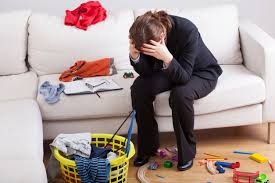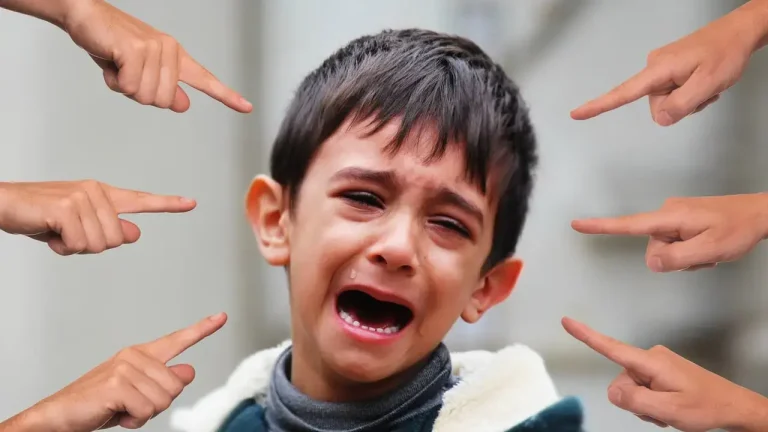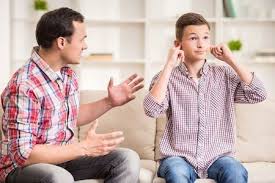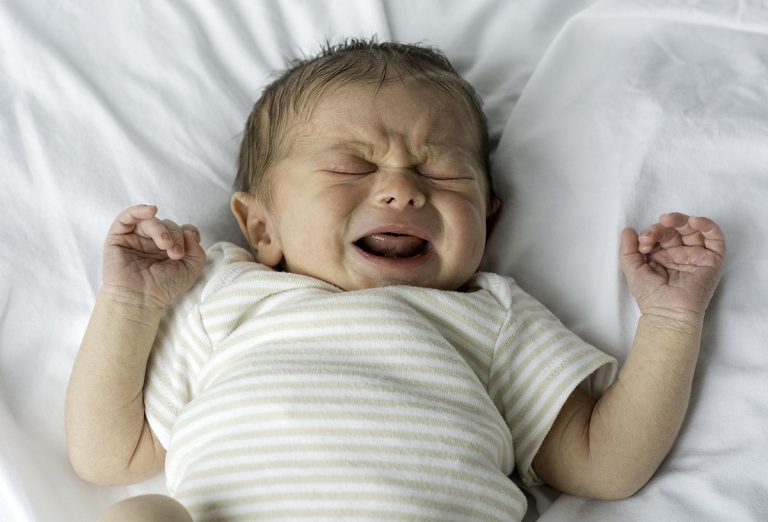How to Improve Our Children’s Self-Esteem?
Self-esteem is the value or concept we have of ourselves. It is a very subjective concept that can change, as it depends on how we feel, the situation we live in and the experiences that have marked us. Our children’s self-esteem can change from childhood to adolescence and then to adulthood. Even from childhood, our children can have low self-esteem, for this reason we want to share with you some very useful tips to improve your children’s self-esteem.
Some signs that will help us identify if our child has low self-esteem are: saying that he is good for nothing or that nothing goes well for him, not feeling good or comfortable with himself, criticizing himself too much or being very demanding with himself, being very perfectionist, having few social skills, being a very dependent or submissive child, being fearful or having a defeatist or negative attitude constantly and tending to compare themselves a lot with others showing that they are not as good as other children. (See Also: How to Know if You Are a Toxic Parent )
Parenting Tips: How to Improve Your Child’s Self-Esteem
It is important for parents to know that self-esteem develops, grows and strengthens throughout life, when positive experiences are added in life. It is not enough to strengthen self-esteem during early childhood or childhood; this must continue even into adulthood.
A person can grow up with low self-esteem and, as an adult, change their self-concept thanks to one or several good experiences; but the opposite can also happen, which is why it should be a constant task in the lives of our children. Here are some actions that parents can take to foster good self-esteem in their children:
Teach your children to do things
A child learns things every day, even if they are household chores. Help them learn to do it themselves, this will make them feel useful and that they are capable of doing what they set out to do, without fear of failure. When children see that they are doing something important and that helps others, their self-esteem improves and grows, so allow and encourage them to do things that help others.
Beware of Cruel Criticism and Harsh Words
A child’s self-esteem can be affected not only by a bad experience, as they say “words have power”, so constantly telling a child that what he does is not right, that he does everything wrong, that he is good for nothing, that the neighbor’s son is better, that his brother does things better, etc., will terribly affect his self-esteem.
Harmful and cruel words to children should be prohibited; instead, positive words should always be spoken to them. It is not appropriate to say “you did it wrong”, but rather to say “it is better when you do it this way” and, most importantly, parents should teach by example.
Praise yes, but true
It is fine to praise your children and congratulate them for their achievements, but what you should recognize is more than just their achievements. You should avoid focusing praise on the results, but rather, you should highlight your children’s qualities. For example, beyond congratulating them for having good grades, you should recognize that they are an intelligent and dedicated person.
Praise must also be real, since we must prepare our children for failure from a young age. That is why it is not right to tell our child that he played a great game when he did not, it is better to tell him that, although it was not his best game, there will always be difficult moments, but there is always the opportunity to improve. (Read also: Saving for Children’s Education)
Consequences of Low Self-Esteem
Low self-esteem has repercussions in all areas of life, because the perception that one has of oneself from childhood will influence adolescence and adulthood, affecting both personal and family relationships as well as work relationships.
Having low self-esteem can lead to feelings of anxiety, discouragement, fear, laziness, shame, indecision and even pain. Low self-esteem can lead to a child feeling undervalued. The combination of several of these emotions can cause a child to become depressed , experience anxiety attacks, experience sudden mood swings, have an inferiority complex or feel guilty.
When a child goes through all these emotions and situations, it is almost certain that it will affect their social, emotional and academic development; causing problems or delays in their development, making them dependent, fearful and unconfident adolescents and adults.






